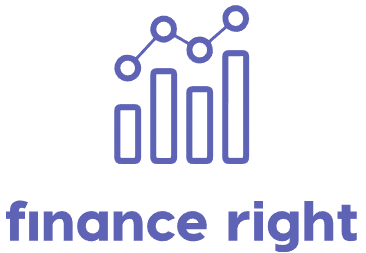Financial literacy programs play a vital role in empowering individuals and communities to make informed financial decisions, build financial resilience, and achieve long-term financial stability. These programs provide education, resources, and support to help people develop essential money management skills, understand financial concepts, and navigate complex financial systems effectively. Let’s explore the significance of financial literacy programs in empowering communities and fostering economic empowerment:
- Promoting Financial Inclusion:Financial literacy programs promote financial inclusion by providing access to essential financial education and resources for individuals from diverse backgrounds, including low-income communities, minorities, immigrants, and underserved populations. By equipping individuals with the knowledge and skills needed to manage their finances effectively, these programs help reduce barriers to financial access and participation in the formal financial system.
- Building Money Management Skills:Financial literacy programs teach practical money management skills, such as budgeting, saving, investing, debt management, and retirement planning, to help individuals take control of their finances and make informed financial decisions. By learning how to set financial goals, track expenses, prioritize spending, and plan for the future, participants can improve their financial well-being and achieve greater financial security over time.
- Increasing Financial Confidence:Financial literacy programs help increase individuals’ confidence and self-efficacy in managing their finances by demystifying complex financial concepts, terminology, and processes. By providing clear, accessible information and empowering participants to take charge of their financial futures, these programs instill a sense of empowerment, competence, and control over financial matters.
- Preventing Financial Pitfalls:Financial literacy programs educate individuals about common financial pitfalls and risks, such as excessive debt, predatory lending, identity theft, and investment scams, and teach strategies to avoid or mitigate these risks. By raising awareness about financial dangers and providing guidance on responsible financial behaviors, these programs help protect participants from financial exploitation and hardship.
- Fostering Economic Empowerment:Financial literacy is a key driver of economic empowerment, enabling individuals to build assets, generate income, and create economic opportunities for themselves and their families. By equipping individuals with the knowledge, skills, and resources needed to make sound financial decisions, financial literacy programs contribute to upward mobility, wealth accumulation, and socioeconomic advancement, ultimately strengthening communities and economies.
- Addressing Systemic Inequities:Financial literacy programs play a crucial role in addressing systemic inequities and disparities in access to financial education and resources, particularly among marginalized and underserved communities. By targeting resources and support to those who need it most, these programs help level the playing field and promote economic justice and social equity.
- Collaborating with Community Partners:Effective financial literacy programs often involve collaboration with community organizations, nonprofits, government agencies, financial institutions, and other stakeholders to reach a broader audience, leverage resources, and address community-specific needs. By working together, these partners can design culturally relevant, accessible, and impactful financial education initiatives tailored to the unique needs and preferences of local communities.
- Measuring Impact and Effectiveness:To assess the impact and effectiveness of financial literacy programs, it’s essential to measure outcomes such as improved financial knowledge, behavior change, increased savings rates, reduced debt levels, and enhanced financial well-being among participants. By evaluating program outcomes and collecting feedback from participants, organizers can refine program delivery, identify areas for improvement, and demonstrate the value of financial education to funders and stakeholders.

In conclusion, financial literacy programs play a crucial role in empowering individuals and communities to achieve economic empowerment, build financial resilience, and create brighter financial futures. By providing education, resources, and support to improve financial knowledge, skills, and confidence, these programs help individuals navigate financial challenges, make informed decisions, and achieve their financial goals. By investing in financial literacy initiatives and promoting equitable access to financial education, we can empower communities to thrive, prosper, and create a more inclusive and resilient society for all.


